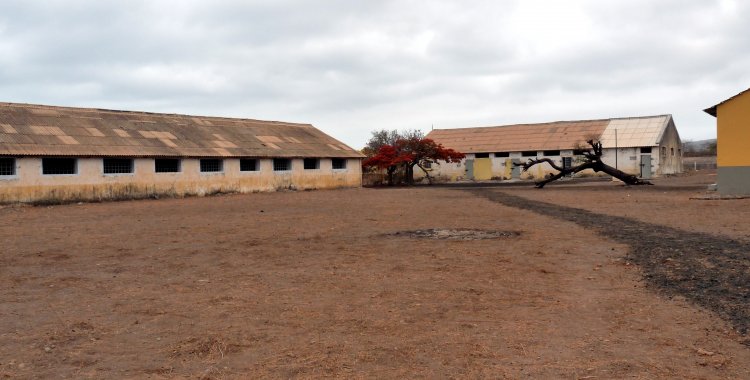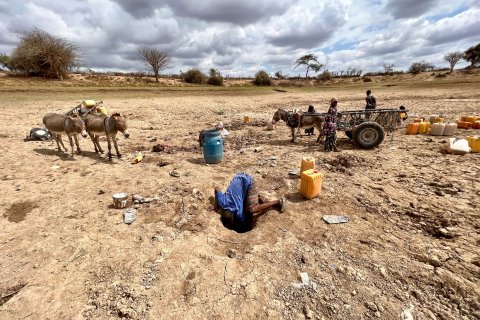"This is a process that we have to work with greater intensity, I think not only in bilateral cooperation, but in cooperation in the field of the CPLP or in the field of PALOP [African Countries of Portuguese Official Language], but especially in the field of the CPLP," said Filipe Silvino de Pina Zau, in praia, after a hearing with the Cape Verdean President, Jose Maria Neves.
Classified as a National Cultural Heritage in 2004, the former Concentration Camp of Tarrafal, on the island of Santiago, is part of cape verde's indicative list of UNESCO heritage.
In July 2021, the governments of Cape Verde and Portugal signed a memorandum of understanding for the application of the historic space for World Heritage, whose delivery was postponed in 2020, but the Cape Verdean executive expects to deposit the dossier later this year or next.
The holder of the Culture of Angola portfolio - a country that currently holds the presidency of the CPLP - recalled that, in addition to his country, the camp received Portuguese, Mozambican, Guinean, Sao Tome and Cape Verdean prisoners.
"Tarrafal was a center of resistance so that the autonomy of each of these countries could be put later," the minister stressed, highlighting, therefore, the importance of the common history of these countries that have Portuguese as their official language.
"We cannot, in any way, hide history, it exists and often to move forward it is good that we look in the rearview mirror of history so that it helps us to walk in a more sustainable, safer way and we can carry forward the mutual interests of each of our countries," he added.
Located in the town of Chão Bom, the former Tarrafal Concentration Camp was built in 1936 and received the first 152 political prisoners on October 29, 2016, having run until 1956.
It reopened in 1962, under the name "Campo de Trabalho de Chão Bom", intended to incarcerated the anticolonialists of Angola, Guinea-Bissau and Cape Verde.
After its decommissioning, the complex functioned as a military training center and since 2000 houses the Resistance Museum.
In all, more than 500 people were arrested in this "slow death camp": 340 antifascists and 230 anti-colonialists.
Filipe Silvino de Pina Zau, who also oversees the tourism and environment portfolios, is in Cape Verde to participate in the festivals of the municipality of São Filipe, on the island of Fogo, representing the President of the Republic, João Lourenço.
After the hearing, the minister continued a trip to the island of Fogo, where the Cape Verdean Head of State, who is the President of Honor of the celebrations, will also be present, which this year marks the centenary.







